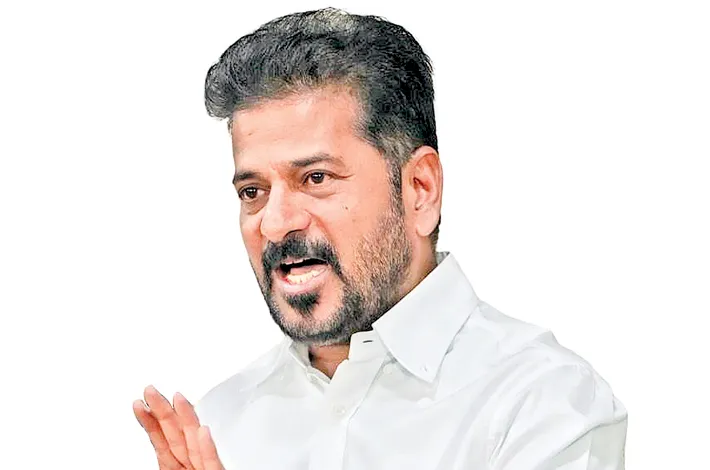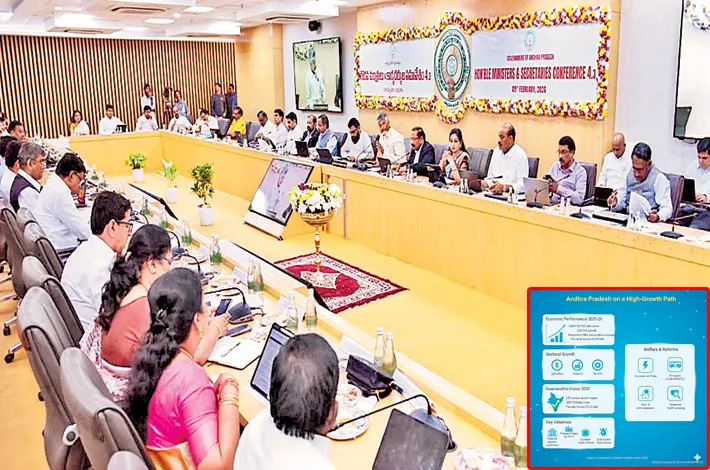The Importance of Child Psychology in India
30-04-2025 12:00:00 AM

Child psychology, the study of how children think, feel, and behave as they grow, is a critical field that shapes the future of individuals and societies. In India, a country with a population exceeding 1.4 billion, nearly 30% of whom are children under 18, the significance of child psychology cannot be overstated.
With diverse cultural, economic, and social landscapes, India faces unique challenges in nurturing the mental and emotional well-being of its young population. Understanding and addressing these challenges through child psychology is essential for fostering a generation that is resilient, confident, and capable of contributing to the nation’s progress.
The Indian Context: Why Child Psychology Matters
India’s socio-cultural fabric is complex, with stark contrasts between urban and rural environments, varying economic conditions, and deeply rooted traditional values. Children in India grow up navigating pressures from academic expectations, familial responsibilities, and societal norms. According to the National Mental Health Survey of India (2015-16), around 10-15% of children and adolescents experience mental health issues, including anxiety, depression, and behavioral disorders. Yet, mental health remains heavily stigmatized, and child psychology as a specialized field is often undervalued or misunderstood.
Child psychology provides a scientific framework to understand how environmental, biological, and social factors influence a child’s development. For instance, children in rural areas may face challenges like malnutrition or lack of access to quality education, while urban children might grapple with the pressures of competitive academics or exposure to digital overstimulation. By studying these factors, psychologists can design interventions tailored to the unique needs of Indian children, ensuring their emotional and cognitive growth is not compromised.
Addressing Academic Pressure and Mental Health
One of the most pressing issues in India is the intense academic pressure faced by children. The Indian education system, known for its rigor, often prioritizes grades over holistic development. A 2019 study by the National Institute of Mental Health and Neurosciences (NIMHANS) found that nearly 20% of school-going children reported high levels of stress due to academic expectations. Tragically, this pressure has been linked to rising cases of adolescent suicides, with the National Crime Records Bureau (NCRB) reporting over 10,000 student suicides in 2021 alone.
Child psychology plays a pivotal role in mitigating these challenges. Psychologists can work with schools to create supportive environments that emphasize emotional well-being alongside academic success. Techniques such as cognitive-behavioral therapy (CBT), mindfulness, and stress management workshops can equip children with tools to cope with pressure. Moreover, child psychologists can educate parents and teachers about recognizing signs of distress, fostering open communication, and reducing unrealistic expectations. By integrating psychological support into the education system, India can nurture well-rounded individuals rather than just high achievers.
Tackling Socio-Economic Disparities
India’s socio-economic disparities profoundly impact child development. Children from marginalized communities, such as those in slums or tribal areas, often face neglect, abuse, or exploitation. According to UNICEF, over 50% of Indian children experience some form of abuse, including physical, emotional, or sexual. These experiences can lead to long-term psychological trauma, affecting self-esteem, trust, and social skills.
Child psychology offers solutions by providing trauma-informed care and rehabilitation programs. For example, play therapy and art therapy have proven effective in helping children process trauma in non-verbal ways. Psychologists can also collaborate with NGOs and government initiatives, like the Integrated Child Development Services (ICDS), to reach vulnerable populations. By addressing the psychological needs of disadvantaged children, India can break cycles of poverty and abuse, empowering these children to lead fulfilling lives.
Cultural Sensitivities and Parenting Practices
Indian parenting practices, often rooted in collectivist values, emphasize obedience, respect for elders, and family unity. While these values strengthen familial bonds, they can sometimes hinder emotional expression or individuality. For instance, children may feel reluctant to share feelings of sadness or anxiety due to fear of disappointing their parents. Child psychology bridges this gap by promoting culturally sensitive approaches that respect traditional values while encouraging emotional openness.
Psychologists can conduct workshops to educate parents about the importance of validating children’s emotions and fostering autonomy. Programs like the “Parent Effectiveness Training” (PET), adapted for Indian contexts, teach parents how to communicate effectively with their children. By aligning psychological interventions with cultural norms, child psychology ensures that families embrace mental health without feeling alienated from their heritage.
The Role of Schools and Policy
Schools are critical spaces for implementing child psychology principles. Unfortunately, many Indian schools lack trained counselors or mental health programs. The National Education Policy (NEP) 2020 emphasizes the need for psychosocial support in schools, but implementation remains inconsistent. Child psychologists can advocate for mandatory counseling services, teacher training in mental health awareness, and curricula that include socio-emotional learning (SEL). SEL programs, which teach skills like empathy, self-awareness, and conflict resolution, have shown promising results in improving children’s mental health globally and could be adapted for Indian classrooms.
At the policy level, the government must prioritize funding for mental health initiatives. The Mental Healthcare Act of 2017 was a step forward, but child-specific provisions remain limited. Increasing the number of trained child psychologists—currently fewer than 1,000 in India, per estimates—through scholarships and specialized courses is crucial. Public awareness campaigns can also reduce stigma, encouraging families to seek help without fear of judgment.
The Way Forward
The importance of child psychology in India lies in its potential to transform lives and shape a healthier, more empathetic society. By addressing academic stress, socio-economic challenges, and cultural barriers, child psychologists can help children navigate their formative years with resilience and confidence. However, this requires collective effort—parents, educators, policymakers, and communities must collaborate to prioritize children’s mental health.
Investing in child psychology is an investment in India’s future. A generation of emotionally secure and mentally strong individuals will not only contribute to economic growth but also foster a society that values compassion and inclusivity. As India continues its journey toward becoming a global powerhouse, ensuring the psychological well-being of its children is not just important—it is imperative








